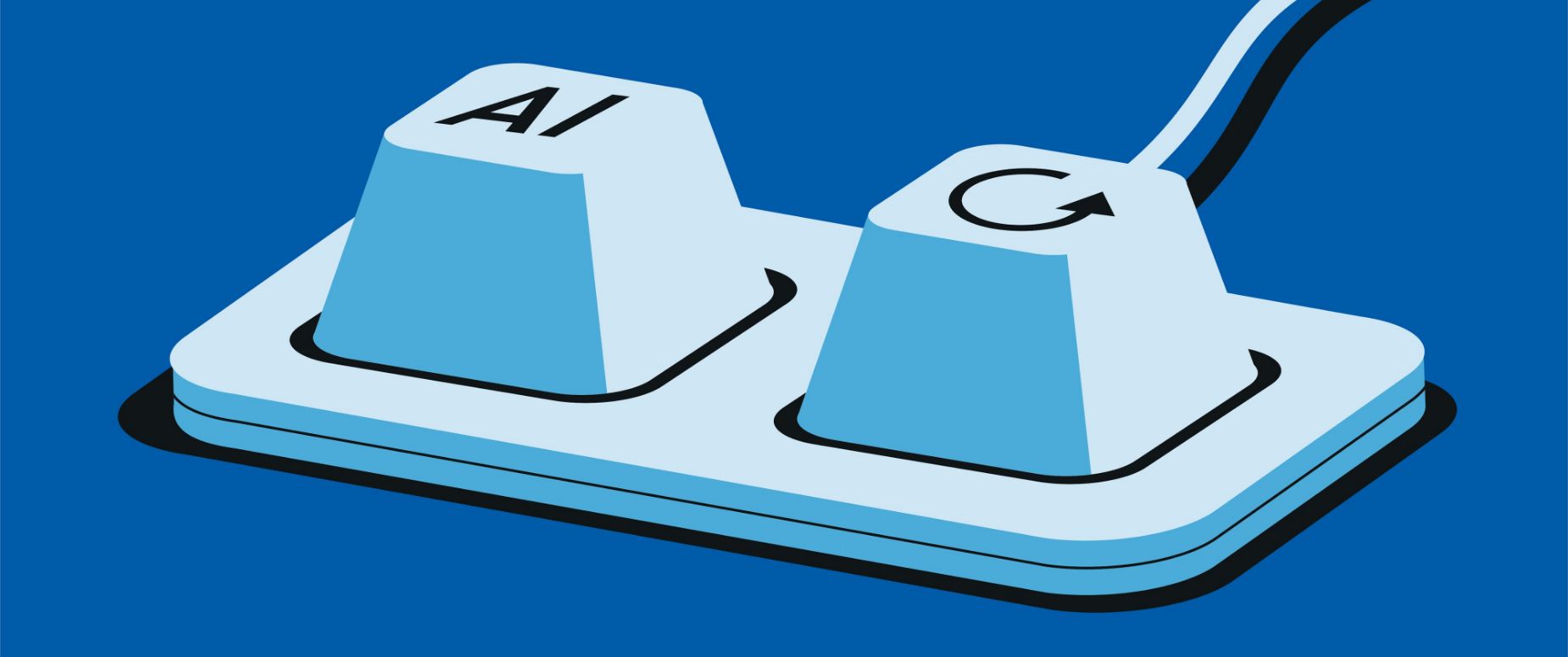Imagine access to instantaneous advice from the world’s most famous career coaches and authors to elevate your career. You could ask for networking advice from Never Eat Alone’s author, Keith Ferrazzi, or learn to lead like Ted Lasso.
The evolution of Artificial Intelligence (AI) provides the ability to enter into ChatGPT an entire catalogue of someone’s expertise captured from books, blogs, interviews and more, to ask questions related to specific needs. This could yield helpful mock interviews, tips to negotiating a salary and more.
In a time where instantaneous results rule, is AI coaching the quick fix we all need? Or does it remove the important human element of one-on-one coaching?
LinkingIn to AI coaching
Even LinkedIn is jumping on the Expert AI bandwagon and have launched a pilot where LinkedIn Premium users and people with access to LinkedIn Recruiter and Learning Hub can connect with chatbots that were created using content from career experts and LinkedIn-fluencers. In their announcement, Hari Srinivasan, VP of Product said, “We work closely with each instructor to ensure the AI-powered responses are authentic to their teaching style and aligned to their expertise to ensure a high-quality experience.”
Tag me in coach
Kristina Bruce, Certified Change Coach understands the vast appeal of AI Coaching. Bruce says, “It’s easy, fast, and free. If someone is looking for more practical advice or support, especially if it’s wanting to know what has worked for someone else in the past, AI offers a repository that is unparalleled. Instead of going through a search to find someone who has the experience and expertise you’re looking for, AI may be able to give you what you need much faster.”
After some successful interactions using ChatGPT as a writing coach, author and coach Audrey Kalman wrote, “ChatGPT possesses what I estimate to be about 70 percent of the skills that make an effective coach, which makes me a little nervous as someone who still offers human coaching.”
The human connection
While ChatGPT and other AI can be valuable tools, they aren’t meant to replace human connection. A 2023 US Surgeon General Report compiled using research from sociologists, epidemiologists and psychologists concluded that, as a culture, we are all lonelier than we have ever been. People are reporting high levels of loneliness despite, paradoxically, having increased opportunities and vehicles to connect.
The addictive nature of apps and screen time may be one reason people choose robots over people or perhaps we don’t want to “do the work” or get asked the hard questions that challenge us or make us feel judged because change can be scary. AI offers a method for change that allows you to be in the driver’s seat, without repercussions for lack of follow through or progress. If coaching isn’t working with AI, we can literally unplug and avoid an uncomfortable situation.
For some, success with AI coaching may be a stepping stone to inspire connection with an in-person coach to help them fine-tune the self-discovery journey.
Bruce talks about the reasons why many people crave human connection and that special ‘something’ felt when communicating with one another. She says, “connection which can offer empathy, understanding, and human-relatability cannot, at least not yet, be replicated by AI.
Coaches are also trained in the art of coaching. Being able to sense and look beyond the words being spoken is key in deciphering what may really be the true cause of the issue the client is experiencing.”
She adds that coaching is about helping clients access their own wisdom and self-trust, not just provide strategies or possible solutions. This is a process that a human coach can help facilitate much more effectively than AI can.
A human coach can help celebrate career wins and provide comfort during setbacks and challenges. Bruce says, “AI will give more generalized information, as opposed to the specific, tailored approach that a human coach can provide.”
Finding the right fit
AI is an effective tool that is here to stay. Bruce asserts that AI presents opportunity not only for professionals to better themselves, but also for coaches by helping them with communication, marketing, and expanding their breadth of knowledge in career guidance.
The right coach depends on the person, their needs, and the budget they have at that time in their life. If you are at a point where you think a career coach could support your professional goals, consider using AI to test the waters of recommendations to achieve those goals, and assess if this works for you. If those recommendations do not resonate, or you are having trouble putting those AI-generated ideas into action, a human career coach may be a good next step. Having a real person encouraging you and keeping you accountable through real-time connection might just be the push you need to hit your professional stride.
“Tag me in coach, it’s time for the battle of the bots” ?

Sign Up Today! HCM DIALOGUE is more than just a news source – it’s a place for Finance, HR and Payroll professionals to come together and share their expertise.




Leave a Reply
You must be logged in to post a comment.